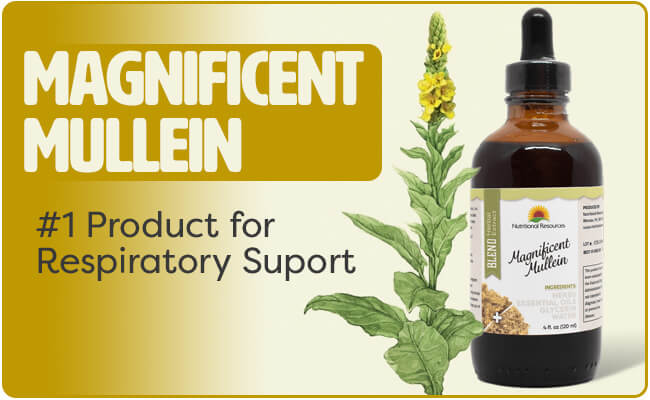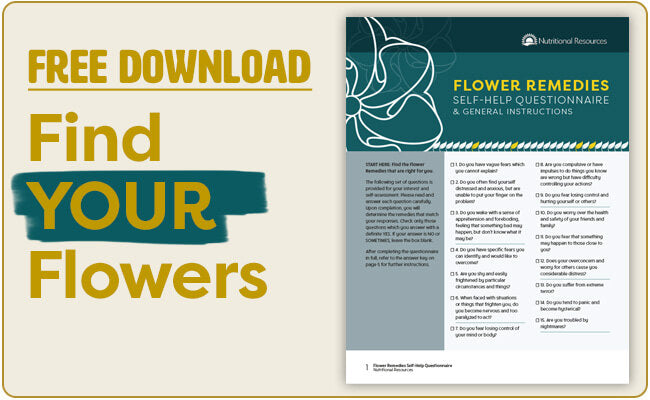Article: What is an Herbal Extract?
What is an Herbal Extract?
If you've ever wandered down the natural health aisle and felt overwhelmed by all the bottles labeled "herbal extract," you're definitely not alone! These concentrated plant medicines might seem mysterious at first, but they're actually quite simple once you understand the basics.
 Think of herbal extracts as nature's way of giving you the most potent parts of a plant in a convenient, easy-to-use form. Just like how orange juice concentrates all the flavor and nutrients from multiple oranges into one glass, herbal extracts capture and concentrate the beneficial compounds from herbs, making them more powerful and effective than using the whole plant alone. Whether you're curious about supporting your wellness naturally or just want to understand what all those little dropper bottles are about, we'll walk you through everything you need to know about herbal extracts in simple, friendly terms.
Think of herbal extracts as nature's way of giving you the most potent parts of a plant in a convenient, easy-to-use form. Just like how orange juice concentrates all the flavor and nutrients from multiple oranges into one glass, herbal extracts capture and concentrate the beneficial compounds from herbs, making them more powerful and effective than using the whole plant alone. Whether you're curious about supporting your wellness naturally or just want to understand what all those little dropper bottles are about, we'll walk you through everything you need to know about herbal extracts in simple, friendly terms.
How is an Herbal Extract Made?
Creating an herbal extract is surprisingly similar to making a really strong cup of tea — just with a lot more patience and precision! The process starts with high-quality dried herbs that are chopped to help release their beneficial compounds. You can also use fresh herbs but we prefer dried herbs here at Nutritional Resources.
These plant materials are then soaked in a liquid solvent, which acts like a gentle but powerful magnet to pull out all the good stuff from the plant. Nutritional Resources uses a solvent of vegetable glycerin mixed with water, but it is also common for herbal extracts to be made with alcohol instead of glycerin.
What happens next is called the "maceration" period, where the herbs sit in this liquid for anywhere from a few days to several weeks, slowly releasing their active compounds into the solution. Think of it like making a super-concentrated herbal tea that steeps for weeks instead of minutes! Once this extraction time is complete, the liquid is carefully strained and filtered to remove all the plant material, leaving behind a potent, concentrated liquid that captures the essence of the herb in every drop.
Most herbal extract manufacturers will stop there, but Nutritional Resources will proceed with two additional extraction steps. The next step is a pressurization process which captures the aromatic components of the herbs. In this step, the use of glycerin, instead of alcohol, is especially valuable. Alcohol dissolves volatile oils and destroys some of their therapeutic qualities, while glycerin captures volatile oils and allows them to remain intact. Finally, a boiling water extract is made to capture the remaining trace minerals, plus many of the bitter and astringent compounds which require heat to break them free from the plant fibers.
The outputs from all three extracts are strained once again and combined together. The final product is your herbal extract — a liquid powerhouse that packs all the plant's beneficial properties into a convenient, easy-to-dose form.
Understanding Different Liquid Herbal Preparations
If you're feeling confused by all the different herbal terms floating around, don't worry – it's actually much simpler than it sounds! Let's break down these common liquid preparations so you can navigate the natural health world with confidence.
Herbal extracts are your concentrated powerhouses, made by soaking herbs in a solvent (typically glycerin, alcohol, or vinegar) for weeks to pull out the maximum amount of beneficial compounds. Think of them as the "espresso shot" of the herbal world – small but mighty!
Tinctures are actually a type of herbal extract, specifically those made with alcohol as the main solvent. All tinctures are extracts, but not all extracts are tinctures.
Herbal teas are what most of us are familiar with – you steep dried herbs in hot water for a few minutes, strain, and sip. They're gentle, mild, and perfect for daily enjoyment, though they're much less concentrated than extracts.
Infusions are basically stronger teas where you let the herbs steep for much longer (15-30 minutes or even hours) to extract more of their goodness. It's like the difference between a quick dip in the pool versus a long, relaxing soak.
Decoctions are for the tough guys of the plant world – roots, bark, and hard stems that need to be simmered or boiled for 20-30 minutes to release their compounds. If infusions are like a warm bath, decoctions are like a vigorous workout to get those stubborn plant materials to give up their treasures!
See? Herbal extracts aren't nearly as mysterious as they first seemed! Now that you understand how these concentrated plant medicines are made and how they differ from teas, tinctures, and other herbal preparations, you can walk into any natural health store with confidence and know exactly what you're looking at.
Whether you're drawn to the convenience of a few drops under your tongue or prefer sipping a gentle herbal tea, there's an herbal preparation that's perfect for your lifestyle and wellness goals. The most important thing is to start where you feel comfortable – maybe that's with a familiar chamomile tea or perhaps you're ready to try your first herbal extract. Remember, people have been using these plant allies for thousands of years, and now you have the knowledge to join that wonderful tradition in whatever way feels right for you!



